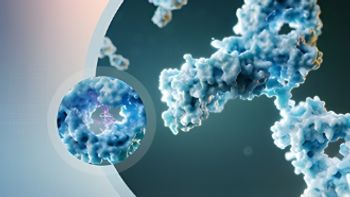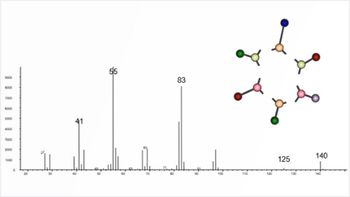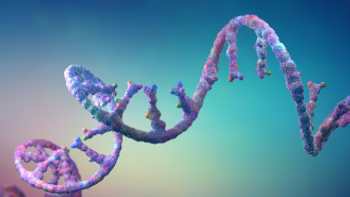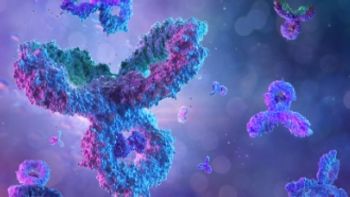
Analytical Considerations Incorporating Selectivity and High Resolution Mass Spectrometry to Improve Regulated and Unregulated Analysis of PFAS Compounds
Wednesday, June 1st, 2022 at 2pm EDT|11am PDT|7pm BST|8pm CEST As more PFAS compounds are discovered and more complex matrices are tested, both regulated and unregulated analytical methods will need to adapt. This webinar will show the benefits of alternative workflows, such as high-resolution mass spectrometry and other screening techniques, to ensure the proper identification of PFAS compounds while providing quantitative results. It will also address the modification of the stationary phases of varying surface chemistry and eluents of varying polarity, which causes the sorption-elution characteristics of different classes of PFAS compounds to be altered.
Register Free:
Event Overview:
The analysis of PFAS compounds in validated methods requires the use of LC–MS/MS systems; these methods rely on nominal mass instruments and reversed-phase chromatography mechanisms. However, as more PFAS compounds are discovered and more complex matrices are tested, both regulated and unregulated analytical methods will need to adapt. This webinar will show the benefits of alternative workflows, such as high-resolution mass spectrometry and other screening techniques, along with tips and tricks to ensure the proper identification of PFAS compounds while continuing to provide quantitative results. Additionally, it will discuss the modification of the stationary phases of varying surface chemistry and eluents of varying polarity, which causes the sorption-elution characteristics of different classes of PFAS compounds to be altered. This leads to increased resolution between matrix interferences and other PFAS compounds, reducing suppression and other matrix impacts. These topics will help laboratories in both regulated and unregulated environments adapt to the unique challenges PFAS analysis creates.
Key Learning Objectives:
- How column choice affects PFAS selectivity
- How modified C18, -hexyl, phenyl-hexyl, and fluorinated phases affect PFAS selectivity
- If PFAS selectivity be improved using organic modifiers
- Other scan types that can aid in PFAS confirmation
- Common struggles when analyzing PFAS and how to avoid them
Who Should Attend:
- Lab managers and researchers involved in PFAS analysis.
- PFAS analysts struggling with interfering matrices in PFAS analysis.
Lab managers and researchers interested in expanding their PFAS capabilities beyond just the currently regulated compounds
Speakers
Dr. Richard Jack
Global Market Development Manager, Food & Environmental
Phenomenex
Richard has over 18 years of experience with chromatography and mass spectrometry for the environmental, food, cannabis, semiconductor, chemical, and pharmaceutical industries. He is a former EPA Scientific Advisor and has collaborated with global regulatory agencies to develop validated methods through new applications, instrumentation, column chemistries, and software. He is currently the Second Vice Chairman for the ASTM D19 subcommittee on water analysis. He received his Ph.D. in biochemistry and anaerobic microbiology from Virginia Tech University in Blacksburg, Virginia, and received his Master’s in ecology from the University of Tennessee in Knoxville, Tennessee.
Dr. Karl Oetjen
Senior Scientist
SCIEX
Karl Oetjen is a Senior Technical Marketing Scientist for Food, Environmental, Forensic, Clinical and Cannabis applications at SCIEX. Before joining SCIEX, he completed his PhD at Colorado School of Mines (Golden, Colorado) in Hydrologic Science and Engineering under Dr. Chris Higgins. Karl’s dissertation research focused on nontarget characterization of complex surfactant mixtures, including aqueous film forming foams. This work led to the discovery of several novel per- and polyfluorinated alkyl substances (PFAS) that since have been found in variety of environmental samples and industrial chemicals. Since joining SCIEX, Karl has worked with numerous labs creating and implementing both regulated and unregulated quantitative and qualitative screening methods.
Register Free:
Newsletter
Join the global community of analytical scientists who trust LCGC for insights on the latest techniques, trends, and expert solutions in chromatography.




